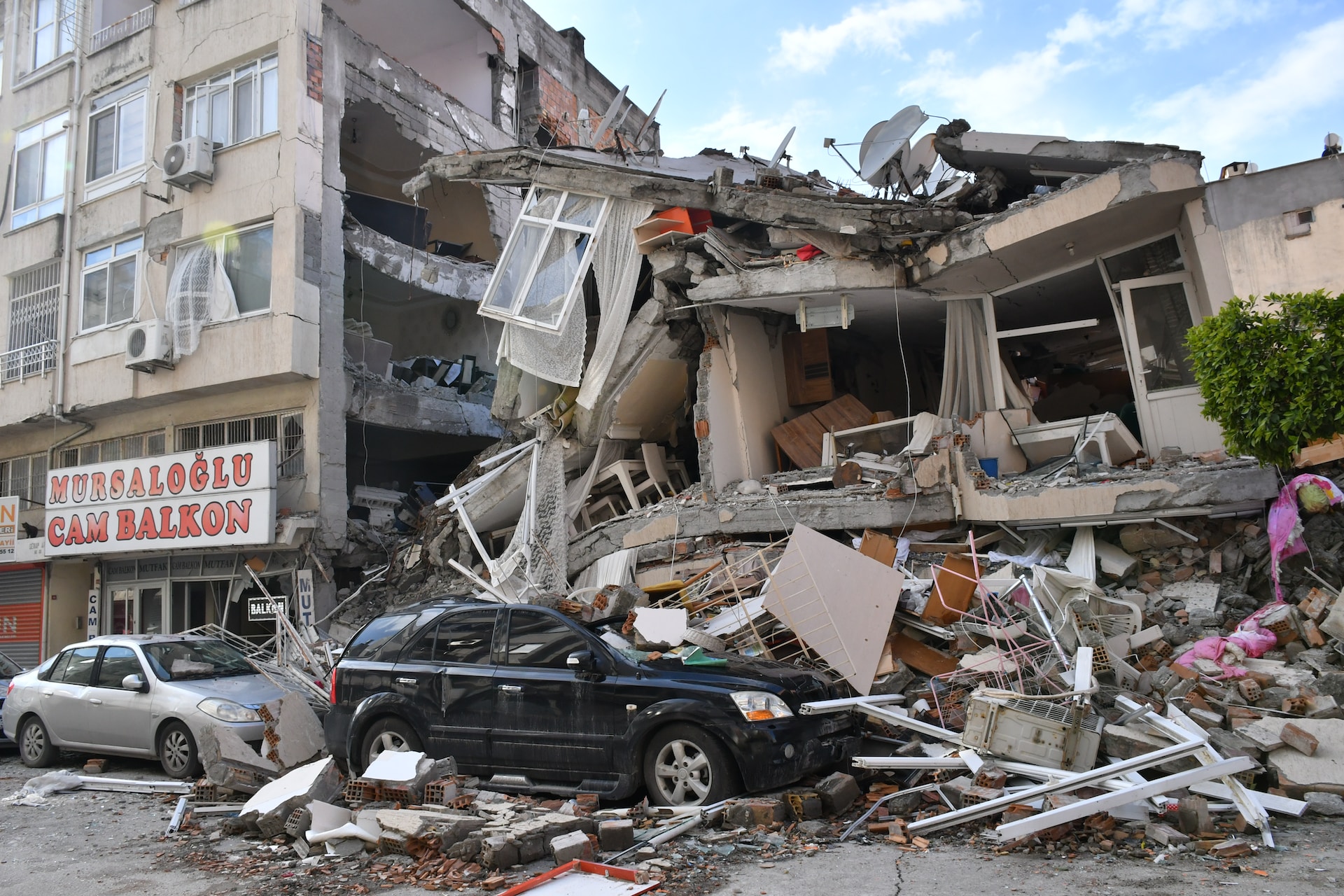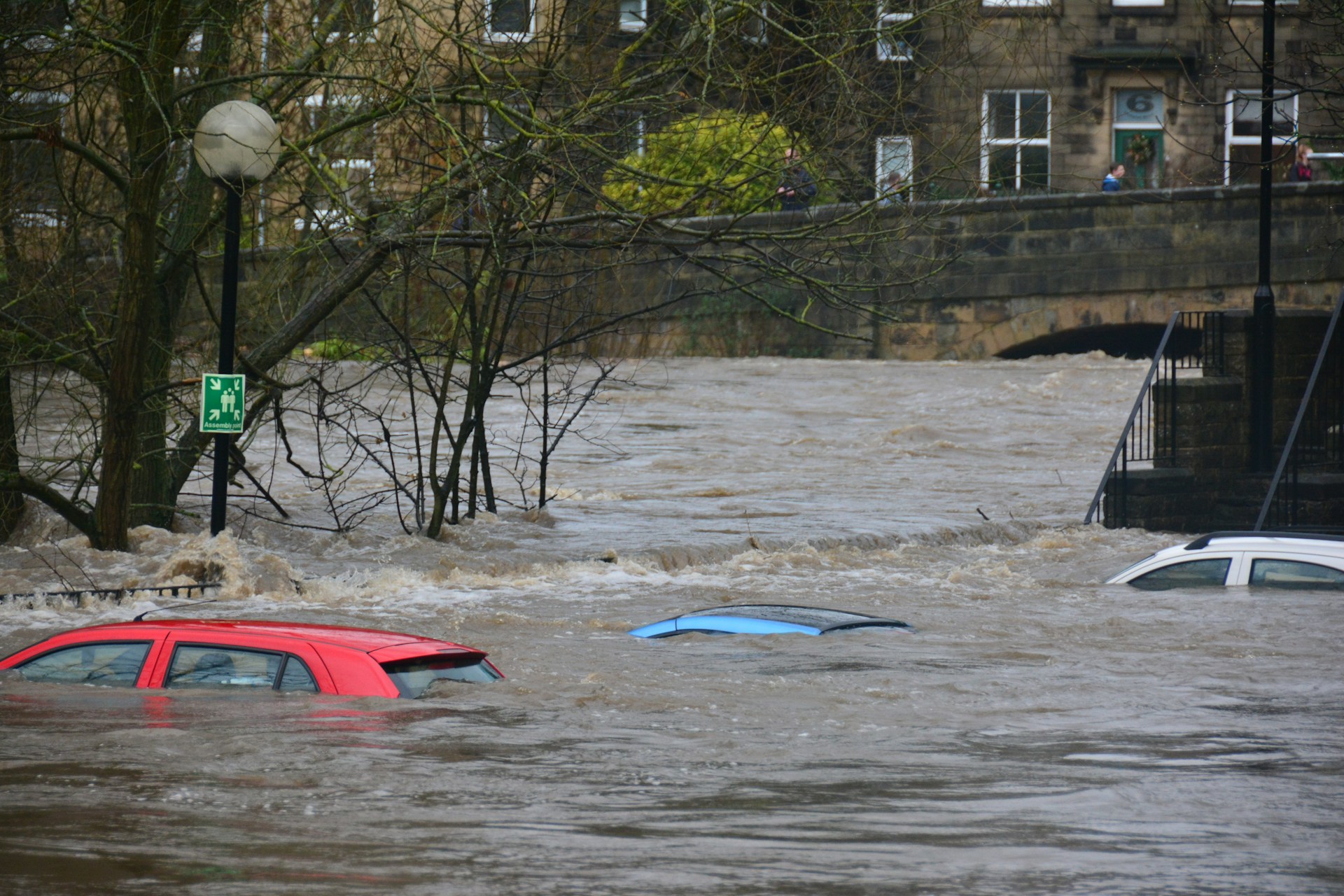Post-earthquake Rebuilding in Türkiye
On February 6, 2023 Türkiye was hit by a magnitude 7.8 earthquake. If this was not enough, the country was again hit by a magnitude 7.5 earthquake that followed nine hours after the first one. The first earthquake was the most devastating to hit Türkiye in more than two decades. The Turkish government led the response coordination with AFAD (Türkiye Disaster and Emergency Management Authority) and the Turkish Red Crescent.
A few days later, Turkish President Recep Tayyip Erdogan declared a three-month state of emergency in 10 of the country’s provinces. The city of Gaziantep, located in Türkiye—which is also the venue of our forthcoming Horasis Global Meeting—was completely devastated by the earthquake. It was the epicenter. The fatalities numbered in the thousands. Nevertheless, the people of Türkiye, supported by their re-elected president, are determined to recover from the disaster and rebuild their future anew.
The Horasis Global meeting will bring together the world’s leading business figures, who along with government officials and representatives from international organizations will brainstorm with senior members of the Horasis Visions Community to find appropriate ways to rebuild and prepare Türkiye against future disasters.
Support from All
International assistance poured in to help Türkiye. The EU sent in thousands of rescue workers along with 70 rescue dogs to help Turkish local agencies in rescue efforts. “Ten Urban Search and Rescue teams have been quickly mobilized from Bulgaria, Croatia, Czechia, France, Greece, the Netherlands, Poland, Romania to support the first responders on the ground,” EU commissioners Josep Borrell and Janez Lenarcic said in a statement.
Several countries also extended their support to help Türkiye after the devastation that the earthquake left behind. US President Joe Biden said, “teams are deploying quickly to begin to support Turkish search and rescue efforts and address the needs of those injured and displaced by the earthquake.” The UN also expresses their deepest condolences on such a tragedy. UN spokesperson Stephane Dujarric said, “our teams are on the ground assessing the needs and providing assistance. We count on the international community to help the thousands of families hit by this disaster, many of whom were already in dire need of humanitarian aid in areas where access is a challenge.”
Support for Türkiye poured in from unexpected sources. World of Warcraft role-players held a tournament to raise funds for people affected by the Türkiye earthquake. Even multinational companies such as Apple, Amazon, Google and many others provided their support to Türkiye in some form. Amazon provided donations of relief items, including food, blankets, tents and medicines, while Deutsche Telekom made all calls and text messages from Germany to Türkiye and Syria free of charge until February 15, 2023. In addition, the telecom giant also donated US$1.1 million to a German alliance of 23 aid groups.
Road to Transformation
The road to recovery will be long for the country, but Türkiye will not be alone in their efforts to bounce back. A few days after the devastation, the World Bank announced monetary assistance of US$1.78 billion to the country. Along with it, the World Bank also commenced a rapid damage assessment to estimate the magnitude of the disaster and identify priority areas for recovery and reconstruction support. “We are providing immediate assistance and preparing a rapid assessment of the urgent and massive needs on the ground. This will identify priority areas for the country’s recovery and reconstruction as we prepare operations to support those needs,” said World Bank Group President David Malpass.
After assessing the financial impact of the earthquakes and setting the priorities for recovery and reconstruction, the Government of Türkiye with support from the United Nations Development Programme came up with a reconstruction plan that estimates recovery and reconstruction costs for Türkiye at US$103.6 billion, equivalent to 9% of Türkiye’s forecast GDP for 2023. The recovery plan comprises a list of proposed projects distributed around four pillars.
The recovery and reconstruction projects were built around four areas, i.e., society, economy, infrastructure and environment:
- Social priorities take into consideration factors such as providing social assistance and protection for vulnerable groups; strengthening public services in and outside earthquake zones; rebuilding health and education services; and providing psychosocial support to all affected.
- Economic priorities take into consideration factors around a shared vision for regional economic revival and growth; attracting, retaining and upskilling the workforce to counter labor exodus; restoring and climate proofing agriculture; and digitalizing business and “buying local.”
- The infrastructure component prioritizes science-based spatial planning and regulation for housing reconstruction; modernizing transport and communications networks; and preserving and safeguarding cultural heritage and tourism recovery.
- The environmental pillar prioritizes improving disaster education and management; restoring energy provision in line with the net-zero vision; safe debris management by recycling resources; and implementing nature-based solutions, including ecosystem restoration.
For Türkiye to bounce back, it will take the collective effort of not only stakeholders but the international community. While this rebuilding will take time, it should factor in a key point that resilience needs to be engrained into every rebuilding effort to ensure a resilient future for generations.



